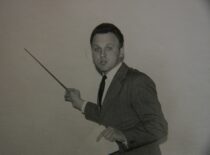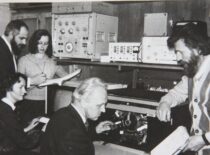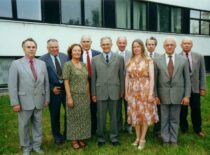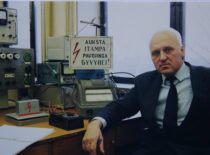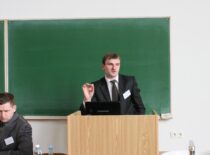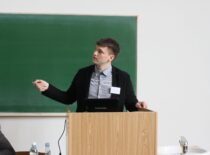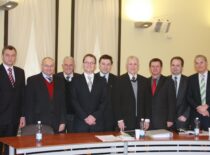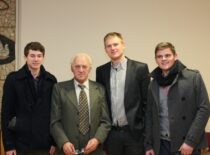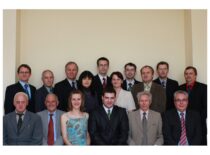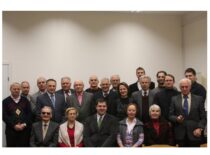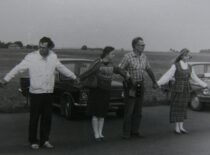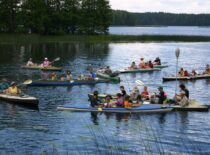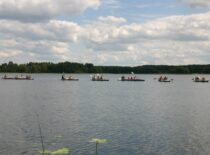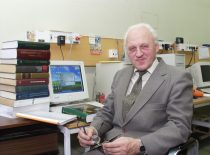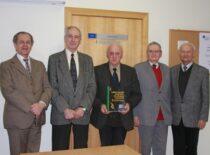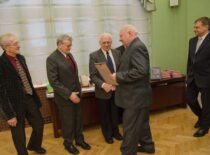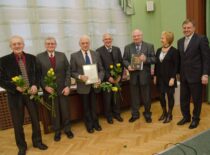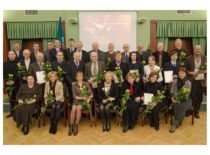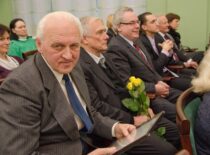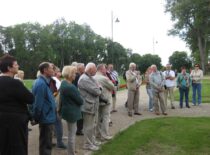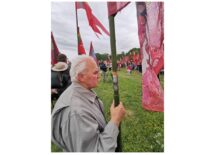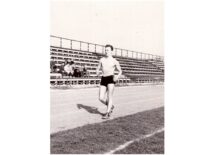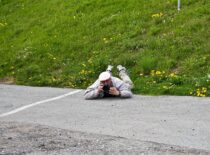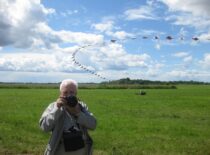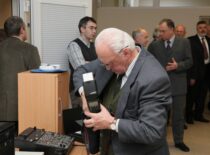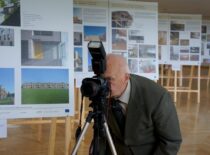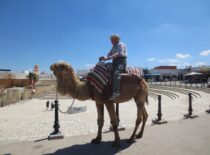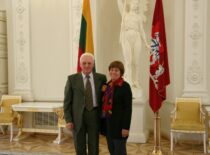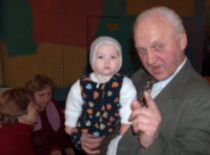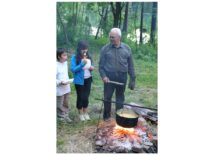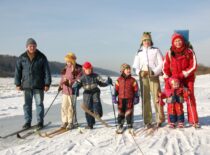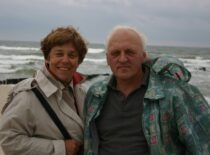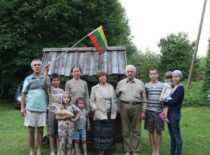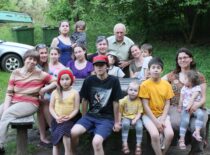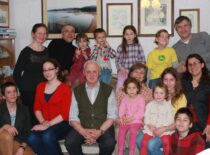Love for the homeland and language
Assoc. Prof. S. Žebrauskas was not only an excellent teacher and scientist, but also a true Lithuanian with a passion for fostering and promoting the Lithuanian spirit. He gave lectures in perfect Lithuanian language, paying great attention to both intonation and correct accentuation. Therefore, besides the subject of his lectures, he also taught the culture of the language. During the Soviet occupation, S. Žebrauskas used to organise trips in his native land for his colleagues to visit places of great importance to Lithuanian history. When the national revival began, he enthusiastically joined the activities of the restoration of independence: on 23 August 1989, he drove his colleagues to the Baltic Way, guarded the Seimas during the events of January 1991, spent the night of 13 January at the television building in Kaunas and travelled to the Vilnius region to observe the referendum on the Lithuanian Constitution. He was involved in public activities by becoming a member of the Conservative Party and was the chairman of one of the electoral districts for several years. Assoc. Prof. S. Žebrauskas was a true patriot of Lithuania, who actively participated in the creation of a free Lithuania. He rejoiced in all of Lithuania’s achievements and was deeply affected by its failures.
The greatest contribution of Assoc. Prof. Stasys Žebrauskas is to the development of Lithuanian technical terminology. He was one of the authors of the Dictionary of Electrical Engineering Terms (1999-2001) and the editor-in-chief of the Explanatory Dictionary of Electrical Engineering Terms (2010-2012). While studying at Kaunas Polytechnic Institute, he witnessed the attention paid to Lithuanian electrotechnical terms by his lecturers, Assoc. Prof. Jurgis Zdanys and Prof. Leonas Kaulakis. Already then he realised that having specific Lithuanian terminology was vital for the survival of the Lithuanian language and technical language should be Lithuanian and precise. With the continuous development of technology, and especially electrical engineering, the number of terms was increasing rapidly. As international contacts expanded, a diversity of electrical engineering terms was expressed in different languages. The challenge was twofold: the need for Lithuanians to understand these terms and the need for them to be in the spirit of the Lithuanian language. Realising this, Assoc. Prof. S. Žebrauskas gathered a team of like-minded people and began implementing a grandiose task to compile a quadrilingual dictionary of electrical engineering terms. It required reviewing and analysing a huge amount of scientific and technical literature, as well as coordinating the proposed terms with professional linguists. The work often lasted from 6 a.m. to 11 p.m. In total, the dictionary contains 11530 terms.
After the completion of the quadrilingual dictionary and its electronic version, the authors led by S. Žebrauskas began creating an explanatory dictionary of such terms. This dictionary consisted of 10400 words. The work on the dictionaries took 16 years of intensive and painstaking work from 1996 to 2012. In addition, S. Žebrauskas wrote and edited articles for the Lithuanian Encyclopaedia and the Encyclopaedia of Technology, and participated in conferences on the issues of technical language. Thus, his contribution to Lithuanian technical terminology is invaluable.


